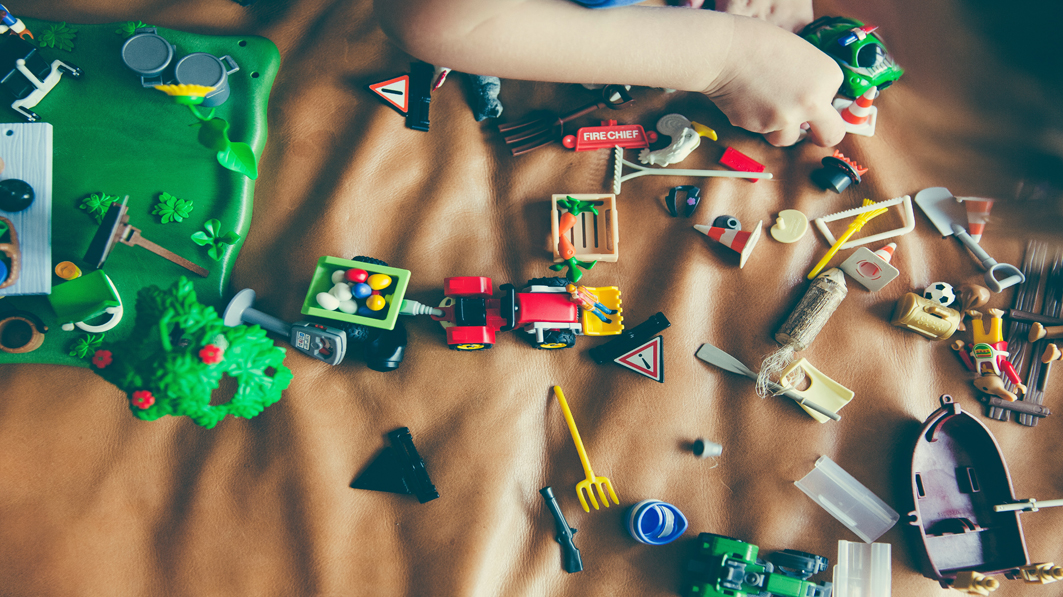Fifteen members of Michigan’s House of Representatives have signed on as sponsors of “A resolution to urge food establishments and franchisees to stop gender classification of kid’s meal toys.”
Rather than asking whether a customer wants a “boy’s toy” or “girl’s toy,” the House Resolution 429 suggests restaurant workers ask something like, “Would you like a Transformer or a My Little Pony?” The resolution does not have the force of law, but it does resolve, “That copies of this resolution be transmitted to the CEO of the boards of directors of the major fast food chains in Michigan.”
House Resolution 429, whose primary sponsor is Representative Leslie Love, states, “This is a significant issue as billions of these meals are sold every year and this practice can influence and limit children’s imaginations and interests by promoting some toys as only suitable for girls and others only for boys.”
Many who responded on Twitter to a Detroit news story about the resolution had a different opinion about the significance of the issue. Here are some of the more family-friendly Tweets:
- MrJonez1 writes, “Seems like there are more important things for them to do, maybe address our crumbling roads, the poisoned wells up north, flint water, poor public schools….just a thought.”
- Tom in Toronto replies, “What next? Gender neutral fries?”
- And Made in Michigan says, “Lead based water STILL in Flint, crumbling bridges and roads, extremely high auto insurance rates…and MI lawmakers are worried about gender based toys at McDonald’s?”
The Reality of Male-Female Differences
Of course some toys are played with by both boys and girls. Toy makers have always recognized that this is true. But they also know that boys and girls tend to play differently and are often drawn to different types of toys. Manufacturers – and restaurants that distribute their toys – are in business to meet a demand and make money. To ignore reality would damage the bottom line.
In the 1990s, Hasbro experimented with toys that would appeal to both boys and girls. Author and philosopher Christina Hoff Sommers, a scholar at the American Enterprise Institute, explains what they discovered:
Twenty years ago, Hasbro, a major American toy manufacturing company, tested a playhouse it hoped to market to both boys and girls. It soon emerged that girls and boys did not interact with the structure in the same way. The girls dressed the dolls, kissed them, and played house. The boys catapulted the toy baby carriage from the roof. A Hasbro manager came up with a novel explanation: “Boys and girls are different.’
The Michigan sponsors of this bill have bought into a “gender ideology” that says there are no real differences between boys and girls and that any differences are purely from societal influences. This ideology flies in the face of what Scripture teaches – that God made us male and female in His image. Both are good and both are valuable, but they are also wonderfully different.
Gender ideology also goes against a great deal of research – sociological and biological – that demonstrates that boys and girls are different. And those differences are often reflected in the toys they choose and how they play with them. Rather than trying to enforce a false ideology, Michigan lawmakers would do better working to solve more significant issues in their state.
For more about gender ideology and male-female differences:
Transgenderism Series
Male and Female: By Design Series






